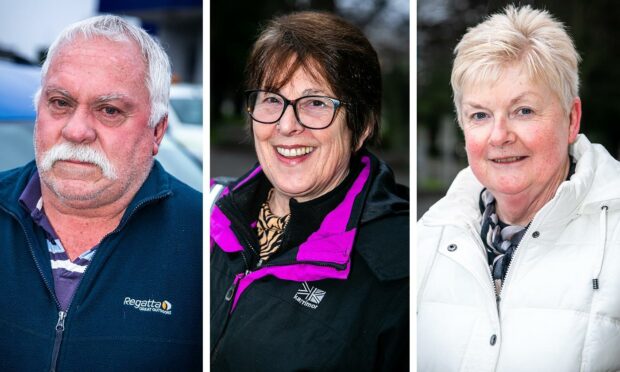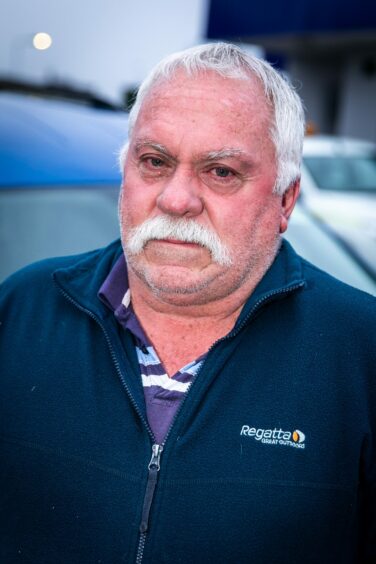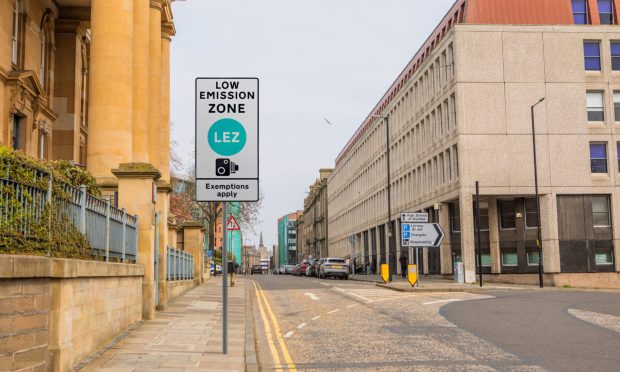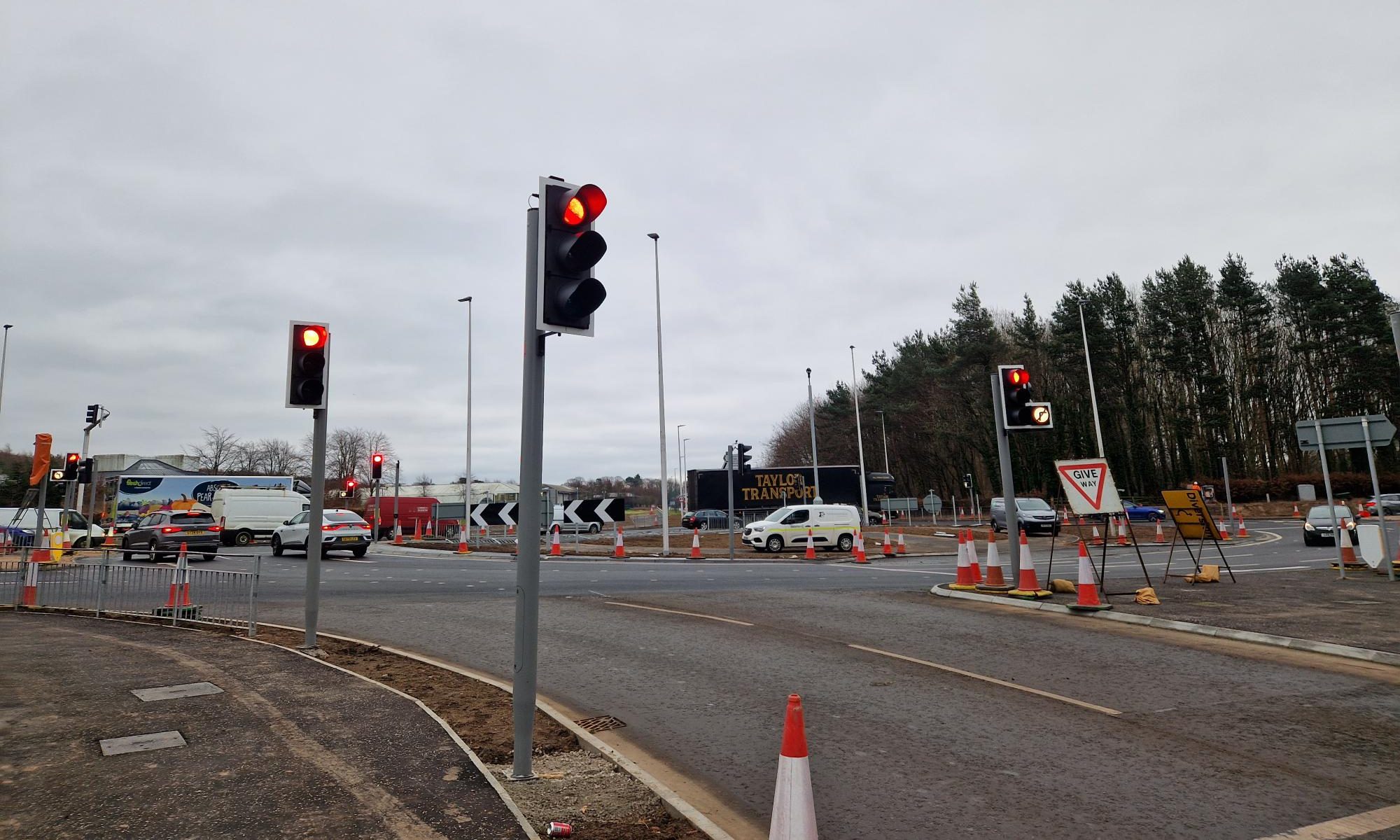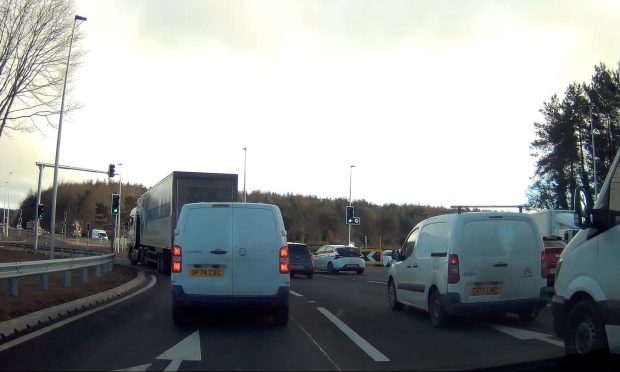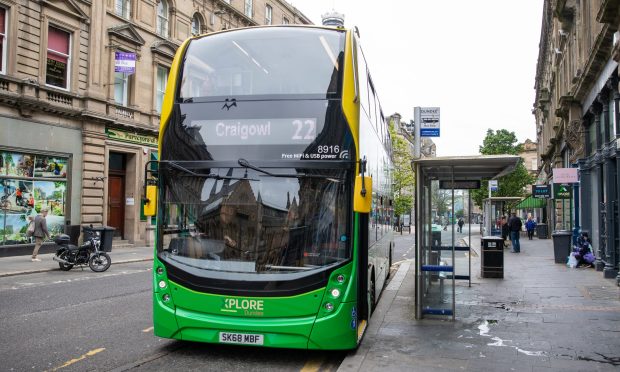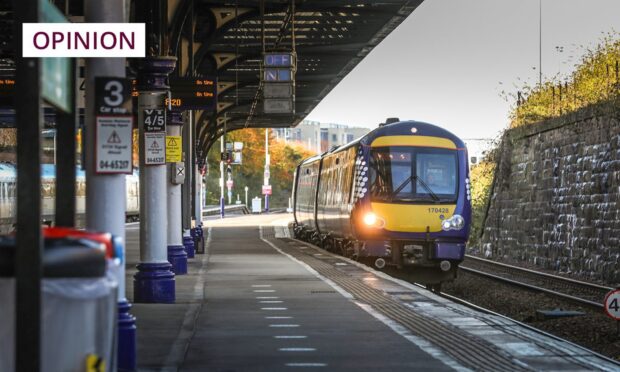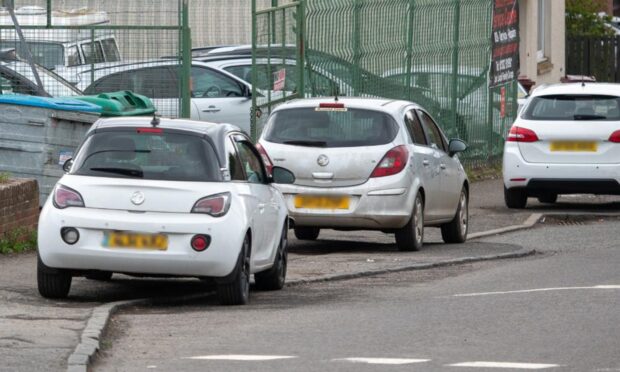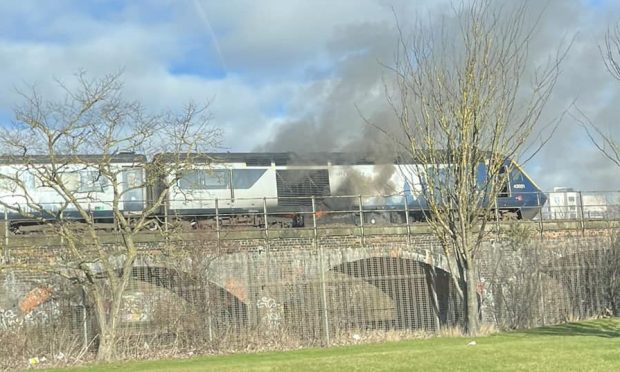ScotRail passengers in Fife are preparing for a grim 2022 as they face up to a perfect storm of fare increases, permanently reduced services and a wave of temporary Covid-19 cancellations.
The virus has already forced the franchise to introduce a temporary reduced timetable. And that comes on top of forthcoming permanent timetable changes and a fare hike.
So how are rail passengers in Fife bearing up?
Cost of rail travel is ‘crazy’
Rebecca Parker, 63, travels from Kirkcaldy to her office in Cupar.
She says she is “lucky”. Being a pensioner, she gets £1 fares through Fife’s concessionary travel scheme.
But she described the fares for those paying the full amount as “crazy”.
“As prices rise it’s crazy, compared to other countries, especially in Europe.
“We seem to be the unfriendliest when it comes to using public transport.
“It should be the other way round, with global warming. They have to make transport more user friendly.”
The cost of catching a train in Scotland is already a sore point for commuters.
And it is about to get significantly more expensive.
Later this month, both peak and off-peak fares will increase by 3.8%.
Rebecca continued: “What I really find challenging is that we’re supposed to be encouraged to use public transport as much as possible, rather than cars.
“Yet they seem to be doing the polar opposite.”
In addition, she says she will have fewer options for her morning commute when timetable changes are introduced in May.
“Generally I start at 8.30am. But they’ve cut an earlier train, so I’ve only got the one option in the morning to get up to Cupar in time.
“It’s a bit frustrating. I sometimes like to go in early to keep on top of things.”
Commuters are ‘not happy’
A cold January morning just after a Covid-19 ridden New Year is not the best time to catch travellers at rail stations.
But those who were out and about were not altogether hopeful about the future of rail travel in Scotland.
Kirkcaldy Railway Station, taxi driver Kevin Hopgood, 64, sees first hand how cancellations are inconveniencing passengers.
“The week before you were guaranteed that at least one train every hour was cancelled and sometimes two – one after the other were cancelled.
“It affects the public more than anything because they’re trying to get around.
“What happens is there’s no train, and they’ve planned what they’re doing. Now they’re jumping into taxis and the problem is taxis are not cheap.
“People aren’t happy, you can understand that situation.”
Although taxi drivers pick up fares when trains are cancelled, Kevin said unreliable trains could put people off rail travel.
And that would ultimately mean fewer people needing taxis at the station.
“There are a lot of guys here who won’t survive too much longer if things don’t improve.”
ScotRail is running a reduced timetable until January 28. This has had the greatest impact across the central belt.
The move is aimed at making the remaining services – which have been hit by Omicron-related staff absences – more reliable.
ScotRail operations director David Simpson said staff were “working flat out to run a safe and reliable railway in really difficult and rapidly changing circumstances”.
Travellers expecting more disruption as the year gets under way
At Inverkeithing, teacher Marion Noury said rail disruption had made getting to work difficult.
And she is expecting the next few weeks to be challenging as the country copes with the highest levels of covid infection since the start of the pandemic.
“It was very annoying at the end of the year.
“I just think there are going to be less and less trains because everybody is going to get Covid-19 in time.”
Meanwhile, Isobel Neilson, 68, said service cuts had affected connections.
Her elderly auntie was recently delayed at Edinburgh on her way to the Borders.
“The connections were all cut back and she was struggling.
“She’s 81 or 82, and she had to take a late train, which wasn’t ideal.
“She was getting picked up at the other end, but nevertheless. That was definitely cut backs.”
ScotRail commercial director Lesley Kane said: “Coronavirus has changed our railway fundamentally.
“We are working hard on plans to develop new ticket types, better technology, and different services to meet customer demand and attract as many people back to the railway as possible in the coming months.
“It’s crucial we attract people to choose the train as the low-carbon alternative in the coming months and years.”
